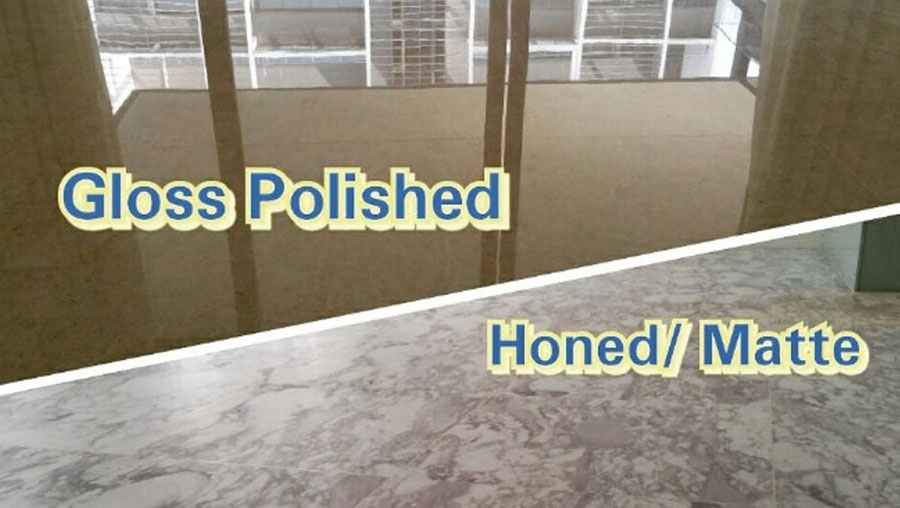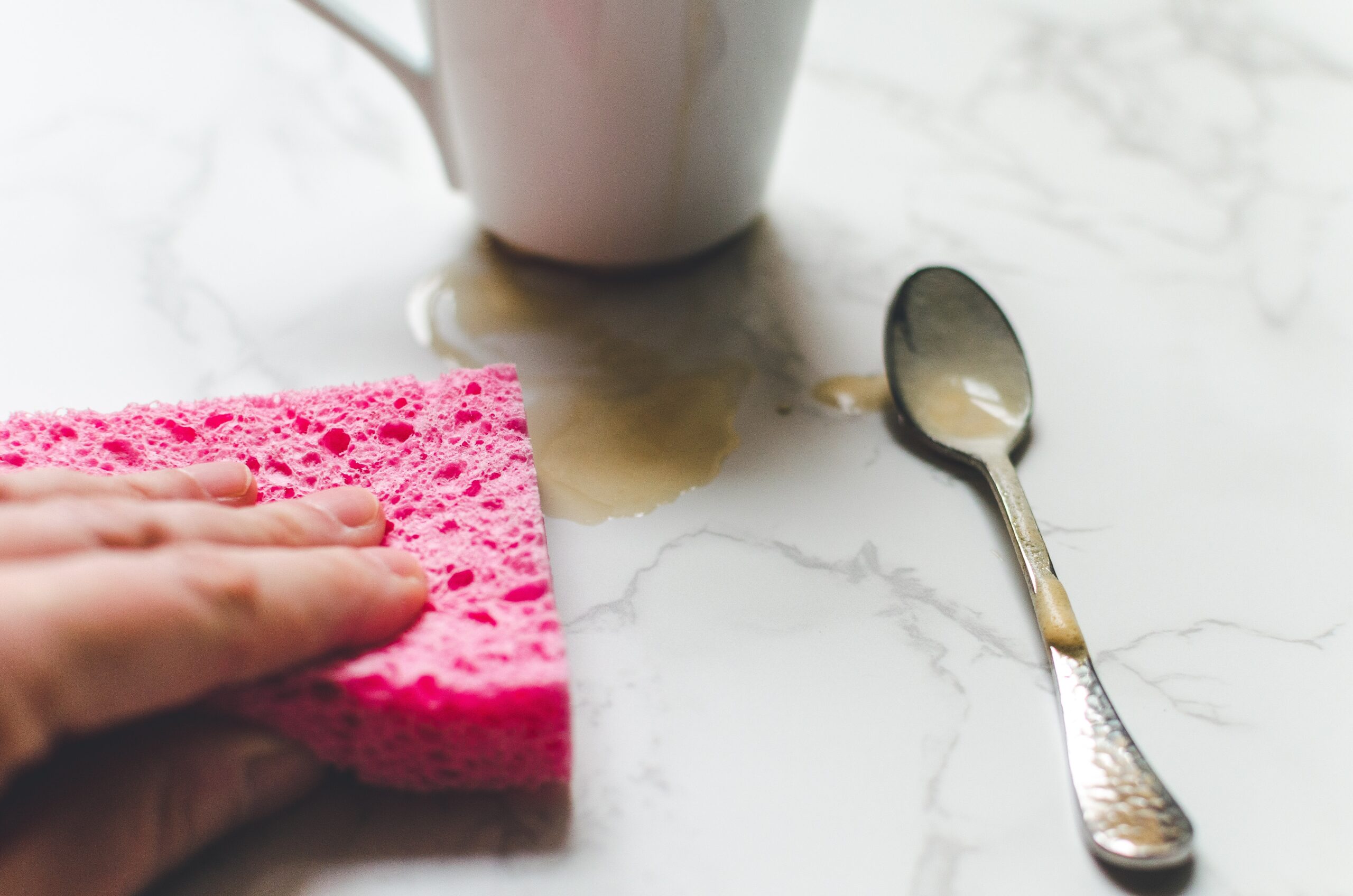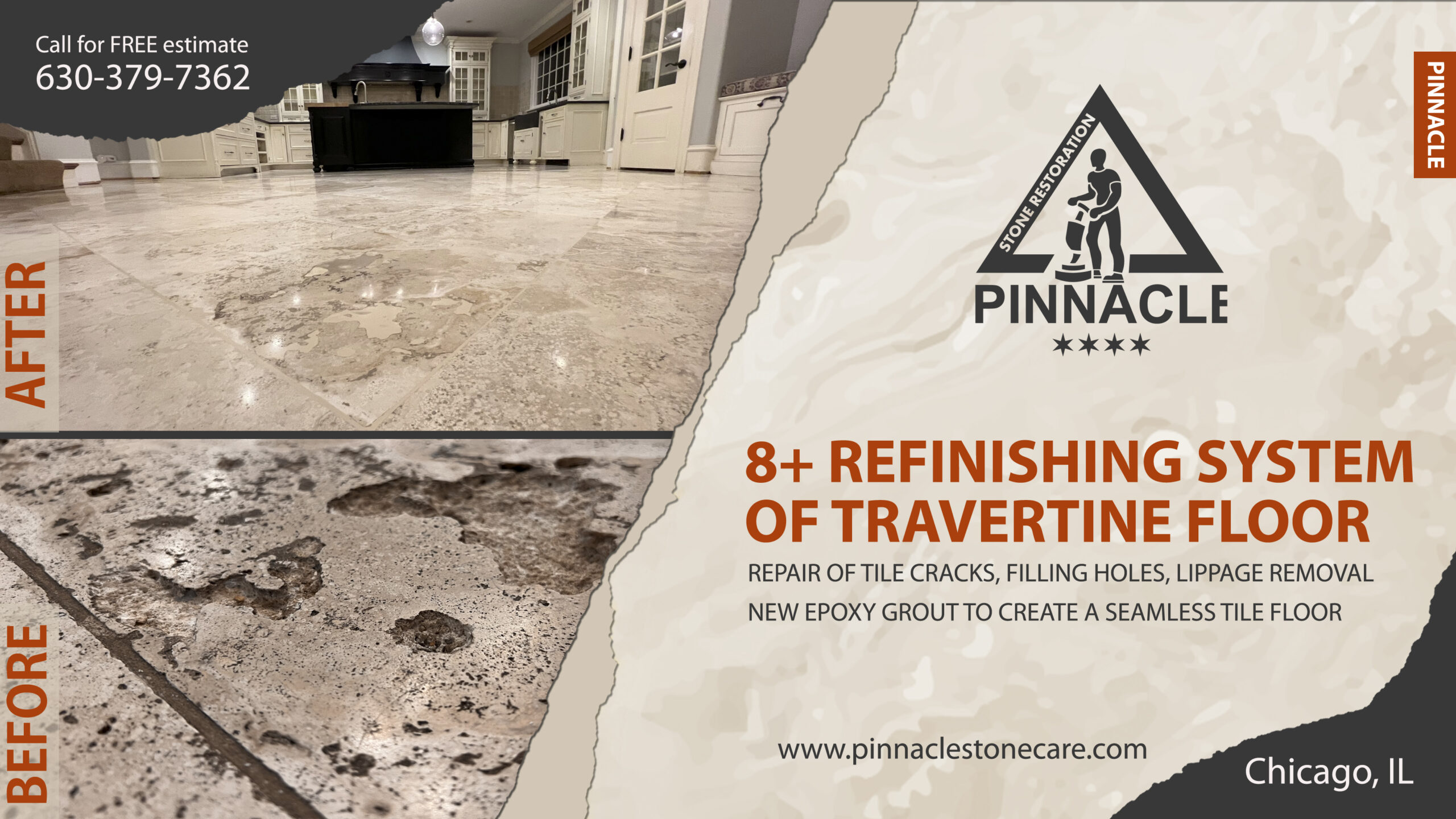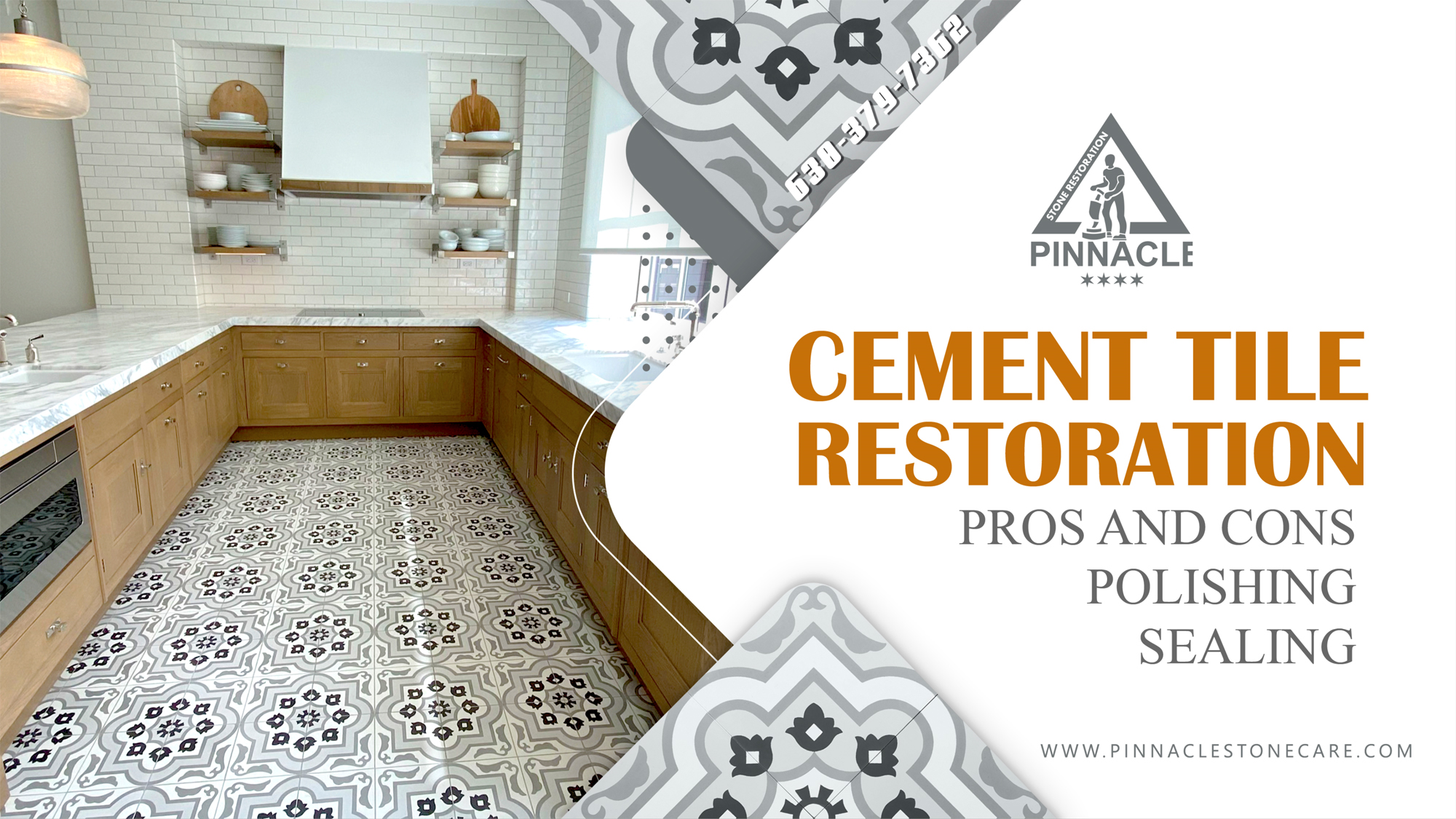Does the marble come polished by nature or us humans exposed such a magnificent quality of metamorphic rock?
I would give a credit to ourselves when it comes to true and clear reflective surfaces on stone, metal, and wood.
Today's polishing technology had reached its pinnacle and hard to imagine any future results overshadowing existing achievements.
We look at the polished stone and we discover our mirror reflection.
Beautiful and enhanced color variations of the marble in a mix of high-density reflectivity make us weak and strong at the same time by recognizing the magnitude of nature and our ambition messing with it.
But beauty fades and so polished marble. It is a very thin layer that represents reflectivity of the stone surface and there is a number of enemies that would destroy it.
As we know marble is a calcium-based rock and therefore it is acid sensitive. I always compare marble to humans teeth. If we eat lots of acidic food it would attack enamel ( polished and protective surface ) and soon enough we would feel uncomfortable sensitivity translated into pain and discomfort.
Marble has a strong image but in fact, its beauty is vulnerable and could lose its luster in a matter of seconds. Spilling of orange juice or wine will instantly attack the top layer of the polished surface by reacting with calcium concentration leaving etched or damaged mark behind it. Unfortunately, these types of damages can not be taken off without professional stone restorers. The home owner's frustration and disappointment are understandable and yet to be addressed with educational conversations.
Every problem has a solution and so dealing with sensitive polished marble surfaces.
Naturally stone doesn't come polished. It will be more accurate to say that it comes honed. The honed surface represents a low sheen or low reflective surface. There is a number of terminology words that could be used for honed surfaces. Satin finish, flat finish, antique finish, and others.
The honed finish will be an alternative of polished surface and more and more we see them getting its popularity due to its look and ability to resist wear and tear. The best quality of a honed finish will be its aging characteristics. Over time-honed finish develops its own and unique patina that complements it's appearance and helps the owners build up a certain tolerance that can not be achieved with aged polished stone.
Choosing honed marble instead of polished would benefit the homeowners for various reasons.
The marble will age with patina.
It will take more sealer since honed surface porosity is high which will benefit the process of sealer's penetration into the stone surface making it well protected from staining.
The background of the etched surface and background of the honed surface is almost identical therefore if surface etches there is a great chance that it will blend with the rest of the area becoming less pronounced for the human eye.
If you certainly want to have polished marble but still seeking alternatives you should consider learning how to restore stone by yourself without professional help. It will be challenging but achievable.
During the first time, the restoration process homeowners can ask the technician to leave polishing powders with them including a polishing pad and short lesson of the methodology. After a few tries, any etching on a small scale could be removed if addressed promptly.
That way the homeowners can maintain the appearance and longevity of their polished marble with their involvement.
Choosing polished or honed marble finishes is not an easy decision to make without researching specific information and I hope this blog will be helpful and convincing.





